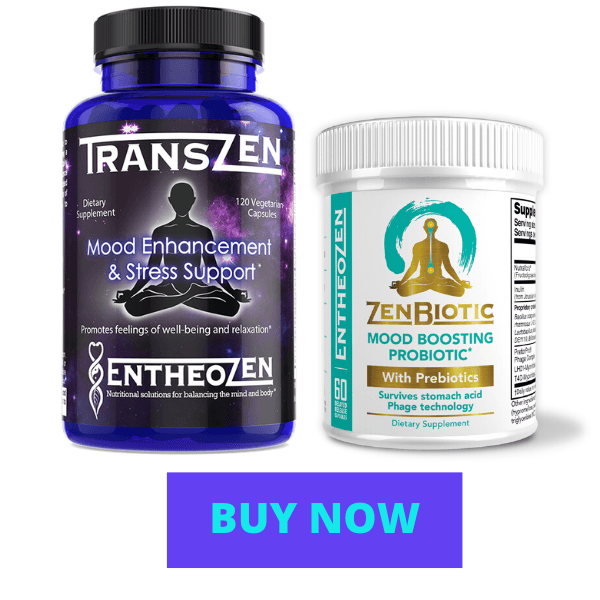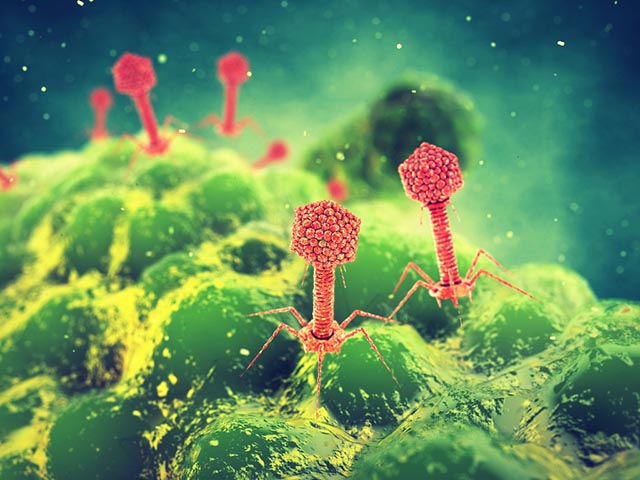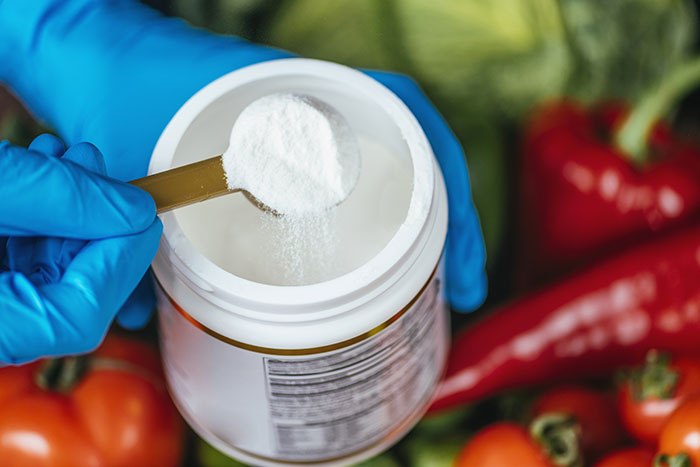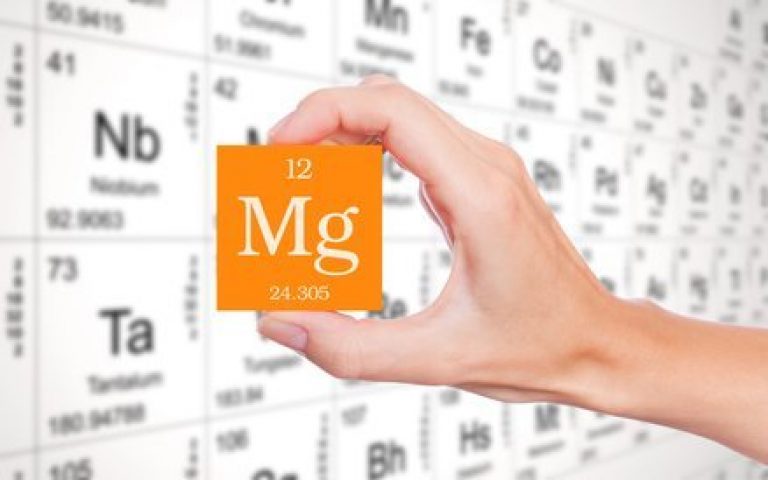Turmeric Benefits for Depression
Hello Wellness warriors!
We’re back for another round of EntheoZen explorer. I’m here to bring you up to date so you’re in the know about turmeric and it’s active components including curcumin. This video/article will cover turmeric benefits, turmeric side effects, turmeric dosage, how to take turmeric and the value to using turmeric for depression, brain health, pain, inflammation and overall wellness.
Turmeric or curcuma longa is a perennial herb. It has been used traditionally in ayurvedic medicine for thousands of years and is in the same family as the ginger root. Most often the root is consumed. It is bright orange, and if you’ve ever cooked with it you know it has an amazing fluorescent yellow color that manages to stain everything. Its often used as a natural food coloring agent.
Aside from a long history of traditional use, there are more than 6,000 clinical studies on turmeric and it’s components. Shit is legit.
Turmeric Benefits
It has been studied to address plethora of diseases and health conditions including cancer, pain, arthritis, inflammation, depression, alzheimers, obesity, weight loss, aging, diabetes.
While turmeric benefits a number of conditions, Turmeric can be especially helpful in combating depression, anxiety, memory loss and other brain-related health problems.
Recent research suggests that those with depression, anxiety, neurodegenerative and other brain disease have high levels of inflammation in the body and brain. Turmeric is best known for it’s powerful anti-inflammatory properties. Some studies have shown turmeric and it’s active compounds to be as effect as NSAIDS in treating arthritis and joint pain. Turmeric also has potent antioxidant effects and upregulates the NRF2 pathway that boosts your endogenous production of powerful antioxidants like SOD and glutathione. These antioxidants fight damaging free radical compounds that cause oxidative stress and contribute to aging and disease.
Studies have discovered that turmeric can clear amyloid protein plaques in the brain that are linked to Alzheimer’s and dementia. Turmeric also benefits memory and cognitive performance while being neuroprotective in combating depression and stress.
Turmeric also promotes a molecule called BDNF or brain derived neurotropic factor in the hippocampus, which is the memory center of the brain. BDNF is basically a protein that acts as a fertilizer to our brain cells and prompts the growth of new neurons, dendrites and synaptic spines. This promotes brain tissue density, neuroplasticity and preservation of cognitive function.
Turmeric also aids in our digestion by triggering the releases of bile which helps us break down fats and extract vital fat-soluble nutrients like vitamin D, Vitamin A and fatty acids that are fundamental to our brain and mood health.
Turmeric has been found to have antibacterial and antifungal properties and may aid in combating bacterial or fungal over growths such as candida albicans or SIBO (small intestinal bacterial overgrowth), which can be a major contributing factor to depression, anxiety, brain fog and fatigue.
Turmeric derivatives, such as the C3 curcumin extract have been found to increase microbiome diversity, meaning consuming it increases the number of species of bacteria in our guts, which is positively associated with better health. Microbiome diversity and balance is crucial for brain and mood health, as we are discovering the more we look into the communication between the gut and the brain.
Turmeric when combined with black pepper, has increased bioavailability by 2,000%!
So I’ve loaded you up with knowledge on many of the mood boosting benefits of turmeric, but what about the turmeric side effects?
Side effects
While Turmeric is consider GRAS (generally regarded as safe) by the FDA and has a great safety profile, like all good things, moderation and caution is important.
Turmeric has blood thinning properties so if you’re on a blood thinner drug such as cumarin or warfarin, you should consult with your doctor before taking turmeric, as it may increase your risk of bleeding.
Also if you are about to have a surgery, avoid turmeric before hand to avoid bleeding risk.
While turmeric is usually well tolerated by most, if you have a sensitive stomach or GI tract, it’s possible turmeric could potentially cause GI upset. Usually this can be avoided by mixing turmeric into food or a beverage instead of taking on an empty stomach.
Turmeric also lowers blood pressure so make sure you are not already on blood pressure medication to lower your blood pressure, or have dangerously low blood pressure to begin with.
Turmeric can increase gall bladder contractions which can cause pain if you have gall stones.
Turmeric also contains naturally occurring compounds called oxalates, which may contribute to kidney stones if oxalates are consumed in excess.
And men, if you’re trying to have a baby, warning, Turmeric can cause infertility in men. If you’re not trying to have a baby, maybe up your dose of turmeric. 😉
How to take Turmeric
There’s a few different ways you can take turmeric.
You can take it as a supplement, You can add it to foods or beverages, You can make a turmeric tea.
For supplements, you can get either turmeric powder, turmeric capsules, extracts or tinctures. You can also cook using turmeric powder, but I prefer getting whole turmeric root for cooking because then I know I’m not getting lead chromate and other contaminants from the turmeric.
Turmeric Dosage and Optimization
I recommend taking about 500 mg 1-2 times per day. Or about ¼ of a table spoon of the powder. If cooking with it, you can use up to 2 inches of root, especially given that the heat will destroy some of the active ingredients.
Always, Always consume turmeric with black pepper, either in your meals that you’re preparing with it, or as black pepper extract in a supplement. The reason is because black pepper increases the bioavailability and absorption of the active ingredients of turmeric by up to 2,000%. The way it does this is by inhibiting certain enzymes in the liver that break down the curcuminoids circulating in the blood. By inhibiting the break down of these molecules, it allows them to circulate in the blood longer and be absorbed more thoroughly so they can work their magic
It’s also important to always consume your turmeric with some sort of fat. Many of the active compounds are fat-soluble and get absorbed better when eaten with a fatty meal. So if you’re adding some turmeric to a vegetable stir fy or something, be sure to add healthy oils like olive, avocado or coconut oil. You can also add some thick coconut milk to make a turmeric curry sauce. Or you can make a golden milk turmeric tea drink that has your favorite plant-based milk to add healthy fat for the turmeric to absorb better. If you’re taking a supplement as powder or capsules, eat with a meal containing fat.
An Important Warning
It seems as if the majority of turmeric supplies contain contaminants like lead chromate, aflatoxins and other heavy metals. Lead chromate is used to make the weight of the turmeric heavier, and therefor, sell for more. It also has a bright orange color and is sometimes added to turmeric supplies that are naturally less bright.
Aflatoxins are mycotoxins from mold spores that can be problematic for those with mold sensitivities or allergies.
Be sure to know and trust the source of your turmeric and make sure that it is third-party tested for heavy metals and contaminants.
Now that you know of the amazing turmeric benefits for your mood that await you, You can find a link below for our favorite pure turmeric powder product and turmeric supplements.
Turmeric Powder:
Liposomal turmeric:
Turmeric capsules:
If youre taking turmeric for depression, stress, brain and mood health and want to take it as part of a more comprehensive formula to stay happy, be sure to check out EntheoZen’s product Mood and stress support product, TransZen. It contains 17 different ingredients, including turmeric extract, all backed by cutting edge neuroscience on mood health.
Resources:
Curcumin, an Active Component of Turmeric (Curcuma Longa), and Its Effects on Health
Kocaadam B, Şanlier N. Curcumin, an active component of turmeric (Curcuma longa), and its effects on health. Crit Rev Food Sci Nutr. 2017;57(13):2889-2895. doi:10.1080/10408398.2015.1077195
https://pubmed.ncbi.nlm.nih.gov/26528921/
Efficacy of curcumin, and a saffron/curcumin combination for the treatment of major depression: A randomised, double-blind, placebo-controlled study
Lopresti AL, Drummond PD. Efficacy of curcumin, and a saffron/curcumin combination for the treatment of major depression: A randomised, double-blind, placebo-controlled study. J Affect Disord. 2017;207:188-196. doi:10.1016/j.jad.2016.09.047
https://pubmed.ncbi.nlm.nih.gov/27723543/
The Mechanisms of Action of Curcumin in Alzheimer’s Disease
Tang M, Taghibiglou C. The Mechanisms of Action of Curcumin in Alzheimer’s Disease. J Alzheimers Dis. 2017;58(4):1003-1016. doi:10.3233/JAD-170188
https://pubmed.ncbi.nlm.nih.gov/28527218/
Benefits of curcumin in brain disorders.
Bhat A, Mahalakshmi AM, Ray B, et al. Benefits of curcumin in brain disorders. Biofactors. 2019;45(5):666-689. doi:10.1002/biof.1533
https://pubmed.ncbi.nlm.nih.gov/31185140/
Curcumin, inflammation, and chronic diseases: how are they linked?
He Y, Yue Y, Zheng X, Zhang K, Chen S, Du Z. Curcumin, inflammation, and chronic diseases: how are they linked?. Molecules. 2015;20(5):9183-9213. Published 2015 May 20. doi:10.3390/molecules20059183
https://pubmed.ncbi.nlm.nih.gov/26007179/






